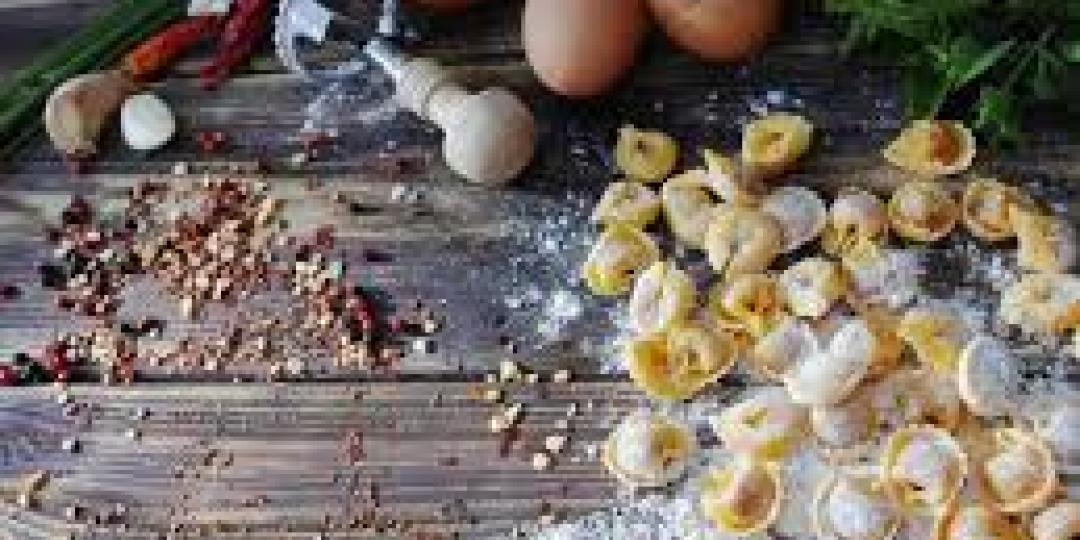Offering authentic local food experiences, the Cape is setting itself apart from run-of-the-mill dining.
“The Western Cape is featuring a lot more in itineraries where guests want to have a foodie experience,” says Andrea Schaffner, Market Manager for North America at Tourvest DMC. “The culinary experience is becoming a real drawcard for the region, which has always been known for its wine.”
The focus has moved away from fine dining to culinary experiences that showcase the various cultures in the province.
According to Wesgro CEO, Tim Harris, food and wine experiences have been on the rise in the province, and have developed to offer an array of different tastings, pairings and experiences. Examples include interactive cooking classes at Ginger & Lime in Sea Point, rooibos tea tasting in Clanwilliam, foraging excursions at African Relish in Prince Albert, Dine with Locals in Kayamandi (a township outside Stellenbosch), and the Inverroche Gin School in Café Gannet in Mossel Bay.
“Uniquely Western Cape dishes or delicacies include the roosterkoek and rooibos in the West Coast, or a Cape Malay meal in Cape Town. And you can do various pairings in the Cape Winelands. From butternut soup and Chardonnay, to chocolate and Port pairings,” says Harris. “And the meat lovers should not miss the Karoo lamb, which is on the menu for almost every meal of the day. You can also enjoy a fresh seafood catch in Mossel Bay. The variety is part of the allure.”
This has been boosted, according to Briony Brooks, Communications Manager at Cape Town Tourism, by sustainable eating and indigenous flavours that have both become huge trends locally. “More and more tourists are looking for sustainable, local South African food experiences prepared with fresh indigenous ingredients,” she says.
Where to start?
According to Brooks, Cape Town is a good starting point.
From there, says Reinher Behrens, CEO of Franschhoek Wine Valley, it is essential to make one’s way to Franschhoek Village, one of the best – if not the best – places to enjoy food and drinks in the province. “On the way there a few essential stops that have to be made,” he says.
This includes wine farms like Babylonstoren and Boschendal. “Restaurants line the main road of Franschhoek, all within walking distance of each other. There are many accommodation establishments within walking distance too. Franschhoek is considered the culinary capital of South Africa and the only member in Africa belonging to the Delice Network of Good Food Cities in the World.”
Along the West Coast one can go on a foraging experience with Chef Kobus van der Merwe at Wolfgat restaurant in Paternoster, or enjoy fresh seafood on the beach at Die Strandloper, says Monika de Jager, Manager of Namaqua West Coast Tourism.
The Cape Overberg is another stop to consider. “Grootbos Private Nature Reserve in Gansbaai is a great place to not only soak up the breathtaking natural setting but you can also discover dining experiences packed with texture, flavour and colour and enjoy the award-winning wines of the Overberg in Hermanus,” says Harris. “The Garden Route and the Cape Karoo are also worth a culinary trip.”























